You can create this case using the Delegate.CreateDelegate overload where you provide a null reference for the target of invocation.
class Foo
{
public void Method()
{
Console.WriteLine(this == null);
}
}
Action<Foo> action = (Action<Foo>)Delegate.CreateDelegate(
typeof(Action<Foo>),
null,
typeof(Foo).GetMethod("Method"));
action(null); //prints True
From the MSDN remarks on that page:
If firstArgument is a null reference and method is an instance method,
the result depends on the signatures of the delegate type type and of
method:
•If the signature of type explicitly includes the hidden first
parameter of method, the delegate is said to represent an open
instance method. When the delegate is invoked, the first argument in
the argument list is passed to the hidden instance parameter of
method.
•If the signatures of method and type match (that is, all parameter
types are compatible), then the delegate is said to be closed over a
null reference. Invoking the delegate is like calling an instance
method on a null instance, which is not a particularly useful thing to
do.
So it's documented as a known, and probably intended, behaviour.
